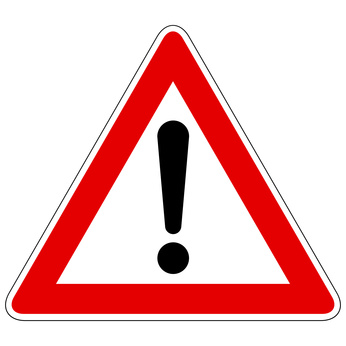Remote Healing for AIDS |
Can the thoughts of one person affect the condition or health of another over a distance Dr. med. Elisabeth Targ from the Department of Psychiatry at the University of California in San Francisco has provided further evidence of the effectiveness of so-called remote healing. Forty scientists in different research institutions in the USA, including Dr. Targ, convened in December 1998 in Harvard for a private symposium on remote healing - or as it is now termed more scientifically by the National Institute of Health in its glossary: "Remote mental influence on biological systems". The three-day event was jointly organized by the Institute of Noetic Sciences and the Harvard University School for Medicine.
As one of the directors of experiments of two double-blind studies carried out over five years and presented in Harvard (neither the patients nor the researchers knew who was being treated by remote healer) with a total of 60 advanced AIDS patients, Dr. Targ presented the astounding result to the public: the mortality rate of the control group, which received no remote healing, was 40%, whereas there was not a single mortality in the group treated by remote healing (both studies were published in the December issue of the Western Journal of Medicine). During the next six months of observation, the positive tendency continued to remain stable. The condition of those treated improved considerably both before and after the tests, not only physically but also psychically.
The healers were selected according to strict criteria; prerequisites for participating in the tests were a good reputation and experience with AIDS patients. Some of the remote healers are themselves doctors or psychologists, who use their apparent healing capabilities in their practices, and others had already worked with doctors. The remote healing techniques used in the test presented a broad spectrum of healing: from the faith healer (a Baptist preacher), to a Qui-Gong master, to shamans - the most varied faith healing traditions were represented.
Although the results are certainly sensational, Dr. Targ warns about premature enthusiasm: "Individual studies cannot conclusively demonstrate an effect. The two studies presented only represent the latest work in an almost forty-year process of development, refinement and repetition of studies for evaluating remote healing experiments. Like most other published results, both studies precisely confirm such an effect. However, this work throws up a lot of questions that will be the subject of further studies: Which healing techniques or attitudes are the most helpful Are there particular people who are more capable of developing healing powers than others Is remote healing more effective for some illnesses than for others What role does the patient play in the healing process Does healing have an additive effect, i.e., does it pay to organize prayer groups or other remote healing groups Are there specific biological routes that are particularly affected by healing efforts And finally of course: how does remote healing work"
Link




